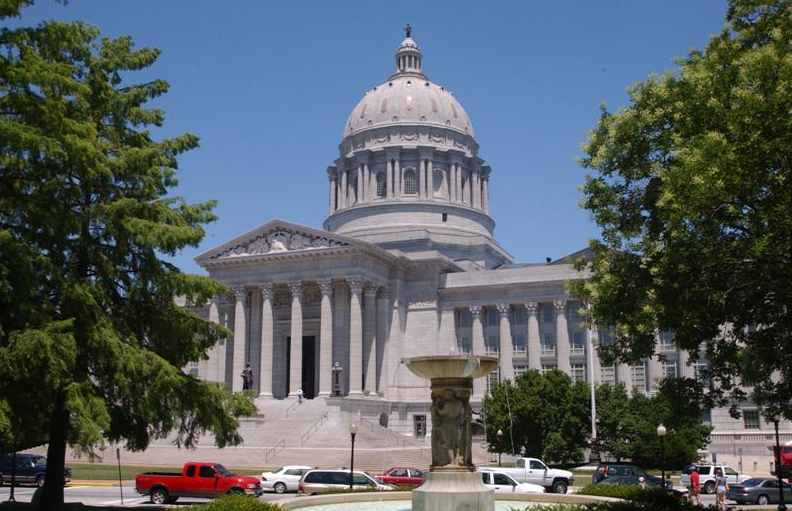KANSAS CITY – The Missouri Western District Court of Appeals heard arguments today in a case asking whether Progress Missouri had a right to record Senate committee hearings.
Progress Missouri and its attorney, Christopher Grant, argued that under Missouri’s sunshine law, the Senate could not exempt themselves from being recorded by the public.
“The Senate cannot unilaterally suspend a law that applies to them,” he said. “Having opened their hearings for some to record, the defendant cannot discriminate based on who’s gathering the news.”
Part of Grant’s argument was that because news organizations, through the Missouri State Capitol News Association, are allowed to record hearings, the general public should be allowed to as well, as long as it does not create a hindrance or distraction.
Grant also said that those doing the recording aren’t lobbying or asking for special access, just the right to record public hearings.
“We aren’t asking for any special access or to go anywhere where [Progress Missouri isn’t] allowed,” he said. “All they are asking is to record.”
Progress Missouri brought the case because they said there had been issues with committee chairs not allowing them to record in the past. While they were told there would be a recording through Senate communications made available, they said that wasn’t always the case.
The Senate’s attorney, Jeremiah Morgan, said the four instances of failed or partial recordings cited in Grant’s brief to the court were simply mistakes, including one instance where part of a hearing was missing because tapes were being switched.
“A mistake does not give rise to a first amendment claim to free speech,” he said. “The Missouri Senate is trying to record all of these meetings.”
Morgan also argued that the Senate’s discretion to choose who to allow to record was “obviously a political question” best left to the Senate to decide, not the judicial system.
He said the “Sunshine law cannot trump the rules of the Senate,” and there “is no constitutional right to record an open meeting.”











